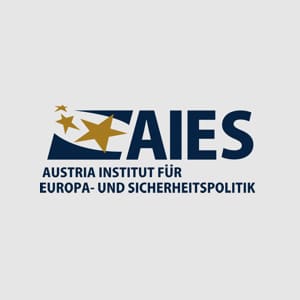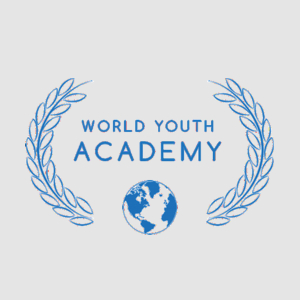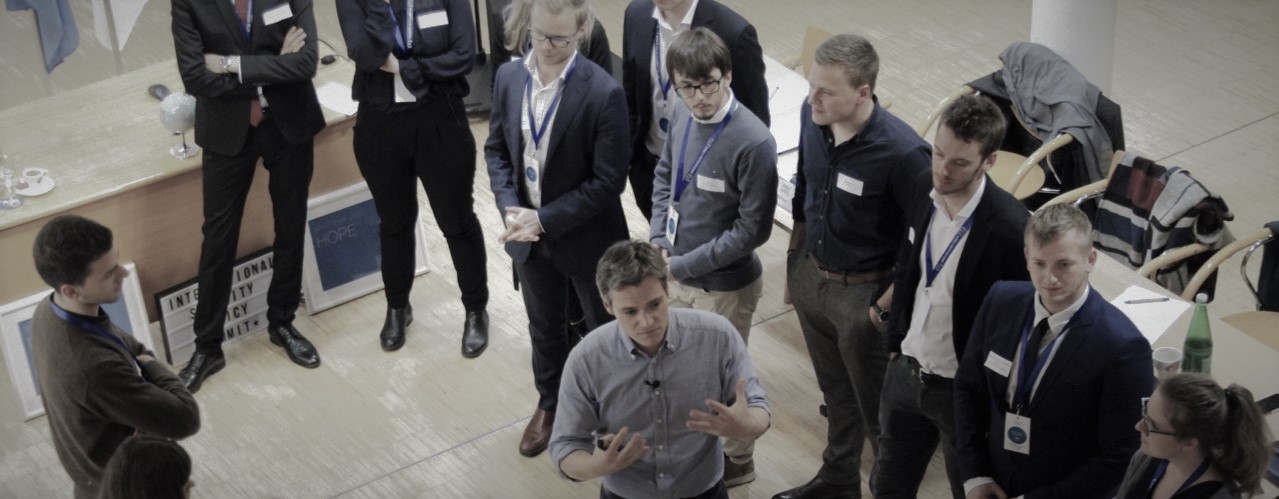
THE STRATEGY FACTORY
The Strategy Factory provides tools for future-oriented monitoring of relevant developments in the relevant areas and develops skills in strategic advice and thinking by using techniques such as an overview of trends and related socio-political and economic options.
It equips young talents interested in policy making with the necessary skills to translate research into policy. It enables them to make a real difference and kick-start their careers in strategic and operational political sectors. Collaboratively it enhances knowledge of how to create meaningful policy recommendations on the strategic level and apply a operational toolkit on the ground.


The Strategy Factory is comprehensive, knowledge based and action-oriented.
It is hands-on policy making.
Making a full circle
POLICY-MAKING INSTRUMENTS
The aim of the Strategy Factory is to train junior professionals in policy-making and strategic thinking. In doing so, it makes a full circle: while encompassing strategic and operational aspects it offers junior professionals skill sets, instruments and an insight into conventions relevant to policy making. Together with experienced experts, state-of-the-art research is being translated into case study policy recommendations.
GEOSTRATEGIC FOCUS
By focusing on the wider aspects of international politics, the workshop dwelves into the realm of security, foreign and development policy as well as taking into account humanitarian aspects and a perspectives from international crisis and conflict management.
Selected case studies of today’s pressing challenges are being tackled with creative ideas, experienced insights and methodical approaches.
In collaboration with
Stay tuned for updates on
The Strategy Factory's
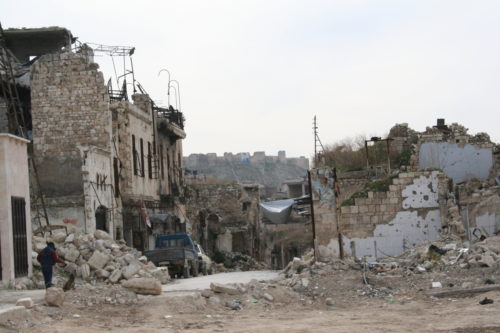
Die Türkei und ihre Beziehung zur Hay’at Tahrir al-Sham
Das vorliegende Arbeitspapier bietet einen Einblick in die Gründungsgeschichte Hay’at Tahrir al-Shams (HTS), eine der führenden salafi-dschihadistischen Gruppierungen in Idlib, und beleuchtet ihre Beziehungen zu einem der wichtigsten Regionalakteure im Syrienkonflikt, der Türkei.
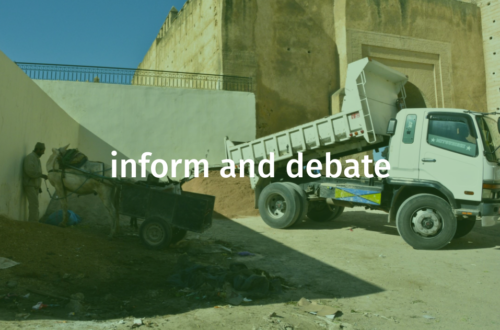
How will development policy change in the “polycrisis”?
The “polycrisis” triggered by COVID-19 is a turning point. This polycrisis presents itself as a global health crisis, but it is overlaid with challenges that already existed before COVID-19. These include increasing global inequalities, migration issues, increasing social struggles, primacy of the economy, climate and environmental challenges, humanitarian crises, conflict and war situations or geopolitical power struggles.The longer this polycrisis – literally – remains virulent, the less it is possible to return to the modus operandi before COVID-19. In many

Plädoyer für mehr Entwicklungspolitik
Wir befinden uns inmitten einer großen Zäsur, die sich darauf auswirkt, wie wir die Welt sehen und unsere Rolle darin verstehen. Die COVID-19 Pandemie ist ein Anstoß eines globalen Transformationsprozesses, in dem sich vieles neu ordnet und zusammensetzt. Dieser Moment bietet aber neuen Ansätzen Raum, um sich in jenen Ländern zu engagieren, die es am meisten benötigten, internationale Verpflichtungen nachdrücklicher zu leben und globalen Herausforderungen zu begegnen. Entwicklungspolitik (verstanden als Entwicklungszusammenarbeit und humanitärer Hilfe) kann in dieser Hinsicht viel anbieten
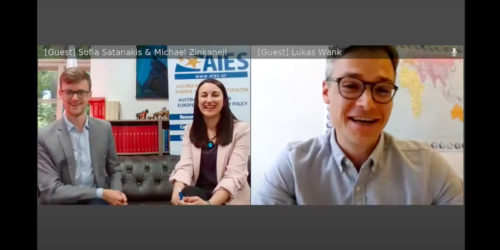
COVID-19 Security Implications: NATO-EU Regulations & Disinformation Campaign
Lukas Wank moderated the recent online discussion with Michael Zinkanell and Sofia Maria Satanakis, which was organised in cooperation with the Austrian Institute for European and Security Policy (AIES). Together they debated the security implications of the Covid-19 pandemic. The most relevant topics included the relationship between the European Union and NATO and the emerging challenges of cybersecurity and disinformation campaigns. Sofia Maria Satanakis started by pointing out that “2020 proved to be crucial both for the EU and NATO due to
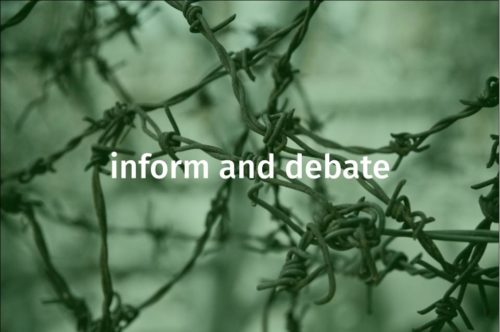
Welches politische Moment bietet die COVID-19 Krise für Frozen Conflicts?
Die COVID-19 Krise als Pandemie ist weit mehr als nur ein gesundheitliches Problem. Sie wird viele Menschen, Staaten und Gruppierungen vor gesellschaftliche, politische und wirtschaftliche Herausforderungen stellen – dies gilt auch für so manchen lange festgefahrenen Konflikt. Diese Kommentarreihe geht der Frage nach wie sich die COVID-19 Krise auf Frozen Conflicts auswirkt. Vier AutorInnen haben zu drei Konfliktlagen in der Westsahara, im Libanon und in Bosnien-Herzegowina Beiträge dazu verfasst. *| Former political adviser EUSR Sarajevo Fight or flight reflexes triggered

Zehn Lektionen aus der Coronakrise
Zeiten der Krise sind Momente des Lernens. Damit sind sie zugleich Zeiten der politischen Auseinandersetzung: Welche Bedeutung haben die Ereignisse? Welche Maßnahmen haben sich bewährt? Wie soll es nach der Krise weitergehen? Welches Verhalten müssen wir ändern?
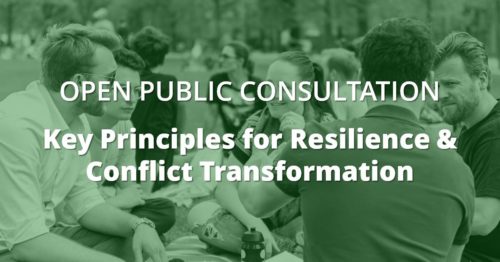
Open Public Consultation: Key Principles for Resilience & Conflict Transformation
German Version An unserer Welt rüttelt es. Schauen wir nach oben, sehen wir eine Klimakatastrophe. Beim Rundumblick in die Welt sehen wir immense humanitäre Herausforderungen, wir sehen grassierende Ungleichheiten und Konflikte. Wir erkennen, dass unsere Welt vernetzt, komplex und umkämpft ist. Mit der Pandemie COVID-19 sind wir in eine Polykrise getaumelt, die unsere Vulnerabilitäten verdeutlicht und unsere Anschauung auf die Welt verändert. Alte geostrategische Weisheiten werden archiviert, weil sie den internationalen Machtkonstellationen nicht mehr entsprechen. Selbst die Verletzlichkeit der Demokratie
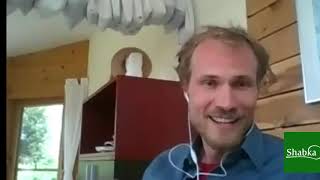
Salon Shabka was Online!
Shabka hosted its first webinar on Wednesday, 13th of May 2020, titled “From Civilian Power to Defence Union. Do we need to rethink peace policy in the EU?”. The debate was opened by Marie-Curie doctoral fellow Johann Wolfschwenger. He gave the audience a broad insight about the ambitions and aims of the European Union regarding security and defence. He outlines the narrative of the EU as a civil power and what effects current political developments have on this label. Various
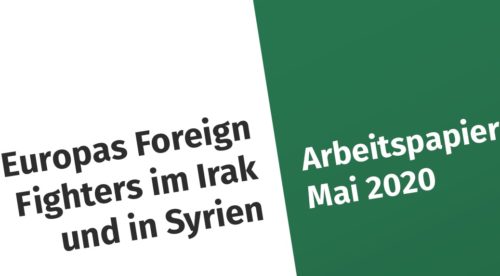
Europas Foreign Fighters im Irak und in Syrien
Herausforderungen und Chancen Zwischen 2011 und 2016 zogen über 42.000 Menschen – Männer, Frauen und Kinder – aus über 120 Ländern in die Konfliktzonen in Syrien und den Irak, um sich dschihadistischen Organisationen wie dem Islamischen Staat anzuschließen. Unter ihnen waren auch über 5.000 EuropäerInnen. Heute befinden sich viele von ihnen in Gefangenschaft und wollen zurück in ihre Heimatländer. Europäische Regierungen stehen nun vor der Herausforderung, den Umgang mit ihnen zu koordinieren. Vor diesem Hintergrund steht unser neues Arbeitspapier. Sieben

